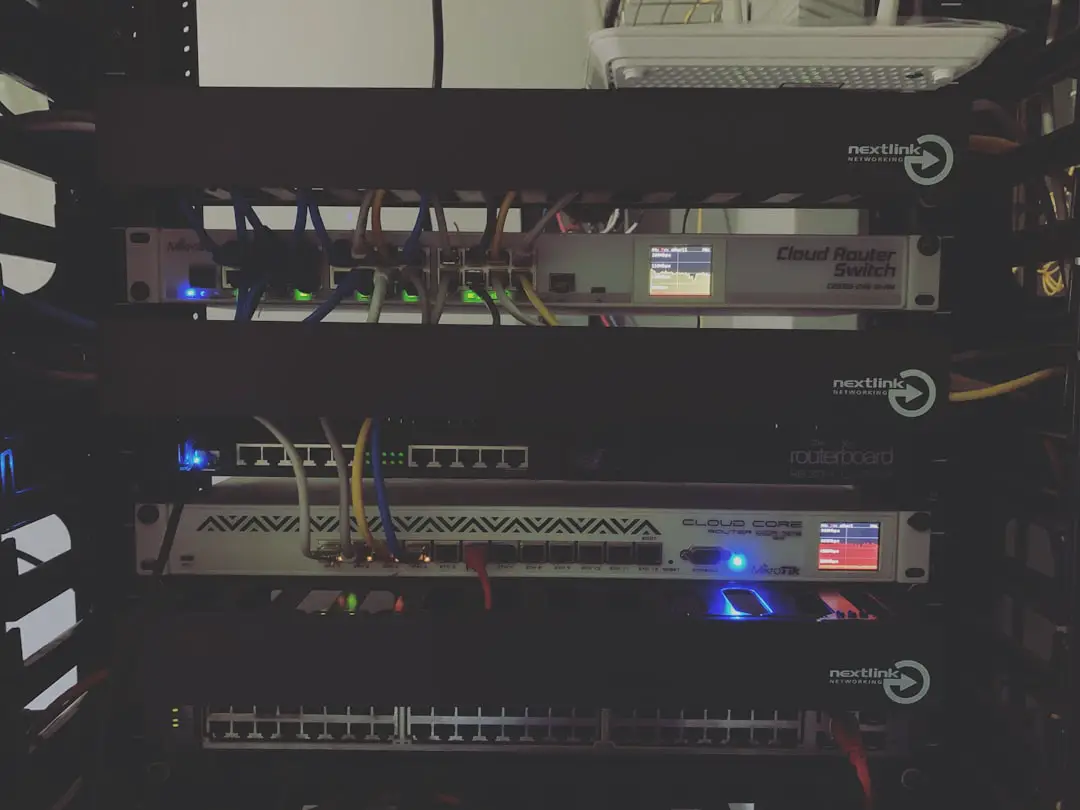As digital commerce continues its exponential rise, businesses are constantly searching for advantages that will enhance performance, scalability and customer satisfaction. At the heart of a successful e-commerce strategy lies not just a slick storefront, but the often-overlooked engine behind the scenes: the hosting infrastructure. Understanding and optimizing e-commerce hosting features is critical to ensure peak performance, fast load times, airtight security, and seamless scalability.
Why Hosting Matters in E-commerce
Any online business lives and dies by its user experience. A sluggish website, inconsistent uptime, or insecure data handling can result in lost sales and eroded customer trust. Your hosting environment plays a foundational role in:
- Performance and speed – directly affecting bounce rates and conversions
- Security – safeguarding customers’ sensitive data
- Scalability – supporting traffic spikes during marketing campaigns or seasonal peaks
- Compliance – adhering to regulations such as GDPR, PCI-DSS, and local data governance rules
Choosing the right set of hosting features isn’t merely a technical decision. It is a strategic business move that directly affects your bottom line and long-term brand success.
Essential Hosting Features to Prioritize
Every e-commerce platform has its specific needs, but some critical hosting features offer universally significant benefits. Let’s explore these in depth:
1. Uptime Guarantees
Reputable hosting providers typically offer a 99.9% uptime guarantee. For e-commerce platforms, every second of downtime can represent lost sales and diminished trust. Choose hosts that deliver consistently reliable uptime backed by service-level agreements (SLAs).
2. Speed Optimization Tools
Modern consumers expect pages to load in mere seconds. Fast loading speed not only enhances user satisfaction but also impacts search engine rankings. Look for features like:
- Built-in CDN (Content Delivery Network)
- HTTP/3 support
- GZIP compression
- Flexible caching solutions
Many hosts also offer performance monitoring dashboards so you can proactively identify and address bottlenecks.

3. Scalability Options
In the dynamic world of e-commerce, traffic levels can change drastically with little warning. Ensure your hosting plan supports vertical and horizontal scaling. Solutions such as cloud hosting and containerized environments (using Kubernetes or Docker) provide flexibility to grow alongside your business.
4. Security Features
Security breaches can be catastrophic in e-commerce. Hosting providers must offer robust security protocols, including:
- SSL certificates (preferably auto-renewing)
- Daily backup and restore capabilities
- Dedicated firewalls
- DDoS protection
- Malware scanning and removal tools
Moreover, PCI-DSS compliance support is crucial for businesses that process credit card payments.
5. Support and Expertise
Reliable, 24/7 technical support is invaluable. Look for hosting providers offering real-time chat, tickets, and phone support with e-commerce-specific expertise. This ensures that not only will problems be resolved efficiently, but proactive advice for improvements will also be readily available.
Managed vs. Unmanaged Hosting
A key decision when selecting an e-commerce hosting plan is whether to use managed or unmanaged services. Managed hosting includes server maintenance, updates, and some application-level support—ideal for businesses without dedicated IT personnel. Unmanaged hosting offers more control but requires technical know-how to maintain stability and security.
For growing e-commerce brands, managed hosting often presents the best balance between performance and convenience. Providers such as Kinsta, WP Engine, and Shopify’s cloud-based infrastructure handle the technical burden, allowing merchants to focus on core business activities.
Evaluating Hosting Providers
Deciding on a hosting provider should involve a thorough review process. When evaluating options, be sure to:
- Compare feature sets and scalability options
- Read uptime statistics and real user reviews
- Test performance speeds with demo stores or trials
- Review security certifications and compliance compatibility
- Evaluate the responsiveness and quality of support channels

Conclusion
In an industry where milliseconds can dictate profits, optimizing your e-commerce hosting environment isn’t just a technical necessity—it’s a strategic imperative. By prioritizing key features such as speed, uptime, security, and scalability, and by choosing a provider that aligns with your business goals, you position your online store for long-term performance and resilience. As technology evolves, regular audits of your hosting infrastructure will ensure continued alignment with customer expectations and market dynamics.

